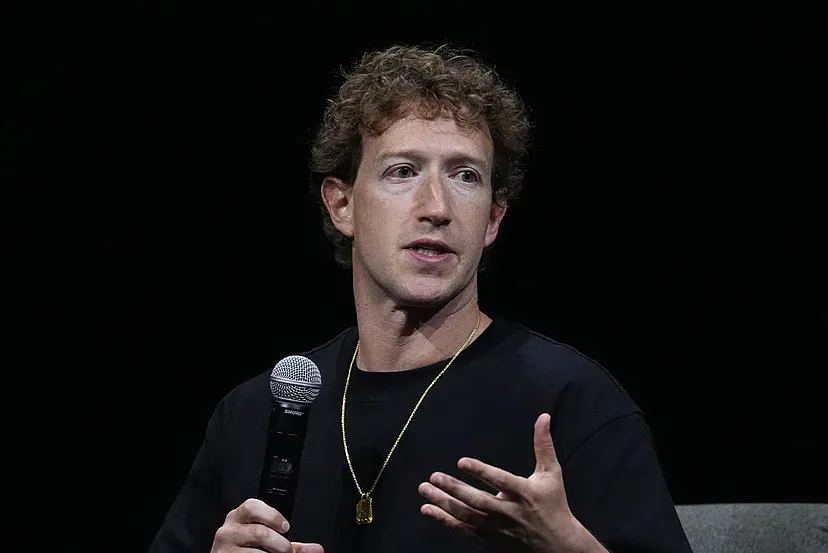
Mark Zuckerberg, the CEO of Meta, has shared his vision for the future of technology, including the eventual replacement of smartphones. Speaking at the SIGGRAPH 2024 conference in Denver, he boldly stated that mobile phones, as we know them today, will soon be a thing of the past. “It will be like with computers,” Zuckerberg explained, referring to the way personal computers gradually became ubiquitous and replaced older technologies. His prediction suggests a significant shift in the way we interact with technology in the coming years.
According to Zuckerberg, the transition away from smartphones will not happen overnight, but will take place gradually. He emphasized that, much like the rise of personal computers, there will be a point where smartphones spend more time in our pockets than in our hands. While we may still use them for more complex tasks, Zuckerberg believes that the convenience of newer technologies will lead people to favor them over their current devices.
The technology that Zuckerberg points to as the future of personal computing is smart glasses. Unlike the failed attempt at smartwatches, which never truly replaced smartphones or became a mainstay, smart glasses are positioned to take the lead. Zuckerberg predicts that smart glasses will become the next major computing platform, shifting how we perform daily tasks and interact with the digital world.
In his discussion, Zuckerberg clarified that while smartphones will continue to be useful for certain tasks, smart glasses will offer greater convenience, eventually making them the preferred option. He forecasts that by the 2030s, these wearable devices will handle many of the functions we rely on smartphones for today, providing a more seamless and integrated experience.
Meta and Apple are currently leading the charge in the smart glasses market, with Meta’s own efforts aimed at creating a fully immersive and functional product. However, other tech companies are not far behind, signaling that the transition to a new form of computing may be closer than we think. As technology continues to evolve, the end of smartphones and the rise of smart glasses could reshape our digital interactions entirely.




